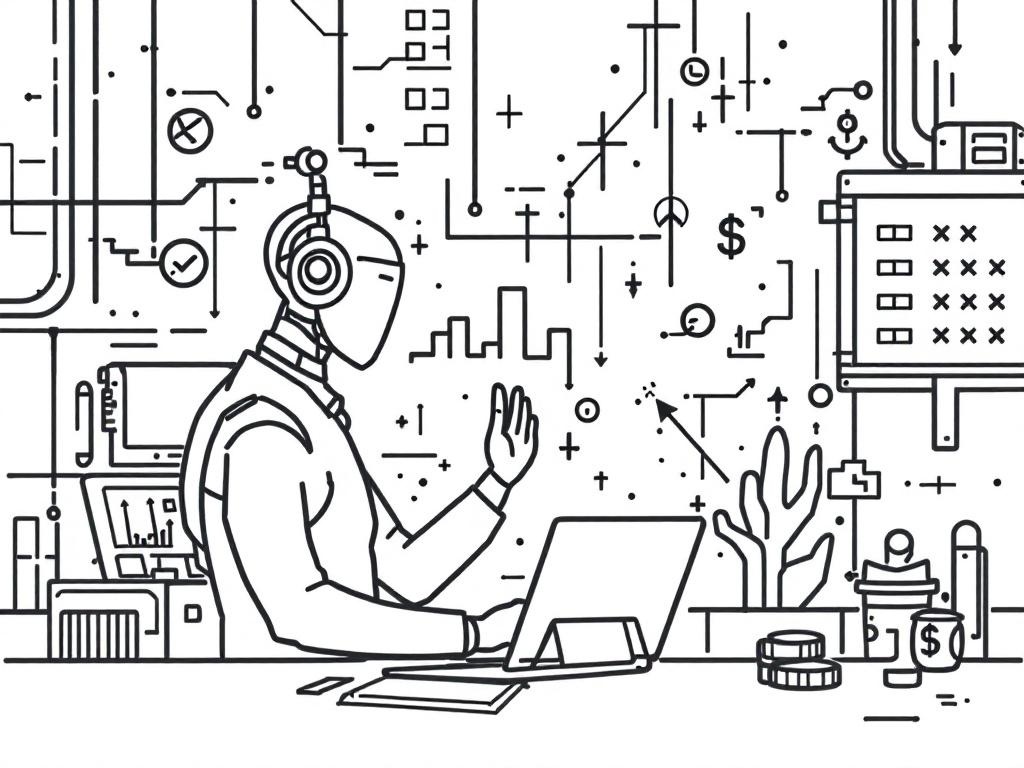Goldman Sachs Pioneers AI Shift with Autonomous Coder Initiative

New York, Friday, 11 July 2025.
Goldman Sachs launches a pilot program using agentic AI, expected to revolutionize Wall Street by improving operational efficiency and shifting investment strategies.
Introduction to Goldman Sachs’ AI Initiative
Goldman Sachs (NYSE: GS) is embarking on a significant technological transformation by introducing an autonomous coder pilot program that employs agentic AI. This innovative venture is designed to execute complex software engineering tasks, marking a shift from tools that assist human developers to full-fledged independent agents capable of completing intricate projects. The AI involved, named Devin, has demonstrated capabilities in executing multi-step job assignments with minimal human intervention. This move comes as part of a broader trend within Goldman Sachs and other Wall Street firms to integrate advanced AI into their operations, promising substantial improvements in productivity and efficiency [1][2][3].
Impact on Workforce and Operations
The deployment of AI on Wall Street signifies an impending transformation of the workforce, particularly with aims to bolster productivity at Goldman Sachs by reportedly up to three to four times the current levels. Initially, the pilot will involve hundreds of AI units like Devin, potentially scaling into thousands based on the outcomes and demand. While this could result in a reduction of human developer numbers, Marco Argenti, the CIO of Goldman Sachs, emphasizes that these AI ‘employees’ will work alongside humans, enhancing the capabilities of their 12,000-strong developer team [1][2].
Wider Impact on Financial Sector
This initiative aligns with broader industry trends where financial powerhouses like JPMorgan Chase and Morgan Stanley are integrating AI technologies to enhance their operational efficiencies. Agentic AI, which actively collaborates rather than merely assists in tasks, marks a transformative phase for financial institutions. The anticipated success of such technologies on Wall Street could pave the way for similar adoptions across various sectors, offering potential competitive advantages and cost efficiencies [1][3][4].
Future Implications and Workforce Dynamics
The emergence of agentic AI is not without its challenges. While junior and intermediate-level job roles might be most affected, these positions are crucial in guiding AI tools due to generational familiarity with technology. Goldman Sachs’ approach underscores the importance of maintaining experienced oversight despite technological advancements. Junior workforce members are expected to take on more management responsibilities, ensuring AI agents are effectively supervised and their outputs aligned with business goals [2][4].